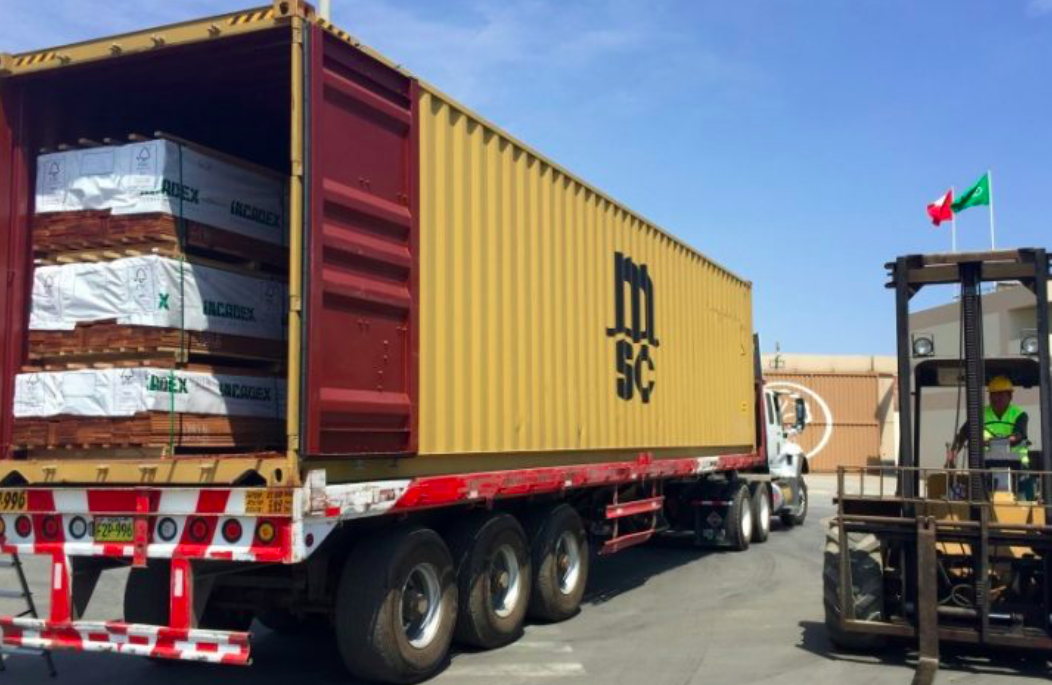RIO DE JANEIRO, BRAZIL – The Minister of Economy and Finance of Peru, Óscar Graham, announced that they reached an agreement with the unions of interprovincial passenger carriers who planned to start a strike, for which that sector agreed to suspend the force measure. However, there is still no agreement with the cargo transport union.
Graham commented that “from the Executive Branch we have our doors open, as we have had in these days of intense negotiations in which we have reached important consensus, responsible, viable measures that meet the expectations of the transport unions, so much so that there is already an agreement with the interprovincial passenger carriers and we hope that the same will happen with the cargo carriers”.
Read also: Check out our coverage on Peru
For his part, the Vice Minister of Economy, Alex Contreras Miranda, pointed out that “the agreement with the passenger carriers was reached after the commitment that a supreme decree will be published that will allow compensation for the elimination of the exoneration of the selective consumption tax (ISC), so that diesel prices remain stable for two months. Going forward we have promised that the adjustments will be gradual so that they will not generate a strong impact on costs”.

Contreras added that it was agreed to expand the return of the ISC, currently at 53%, to 70% during the years 2023, 2024 and 2025. “This will allow them to give predictability to their costs and generate significant savings. Another consensual measure is to give compensation equivalent to 40% of the cost of tolls for 4 months for companies that have up to 50 units.”
Graham explained that “the Executive has taken measures to mitigate the increase in the international price of oil, which pushes up the cost of fuels, for example, the inclusion of diesel in the Price Stabilization Fund for Petroleum-Derived Fuels, as well as the exemption of gasoline from ISC payment”.
“These measures have managed to mitigate a greater increase in the price of fuels that would otherwise cost S/4.50 more today in the case of diesel,” concluded the person in charge of Peru’s finances.
The aforementioned provisions have a high fiscal cost, calculated at more than S/2 billion to date (US$528 million).

